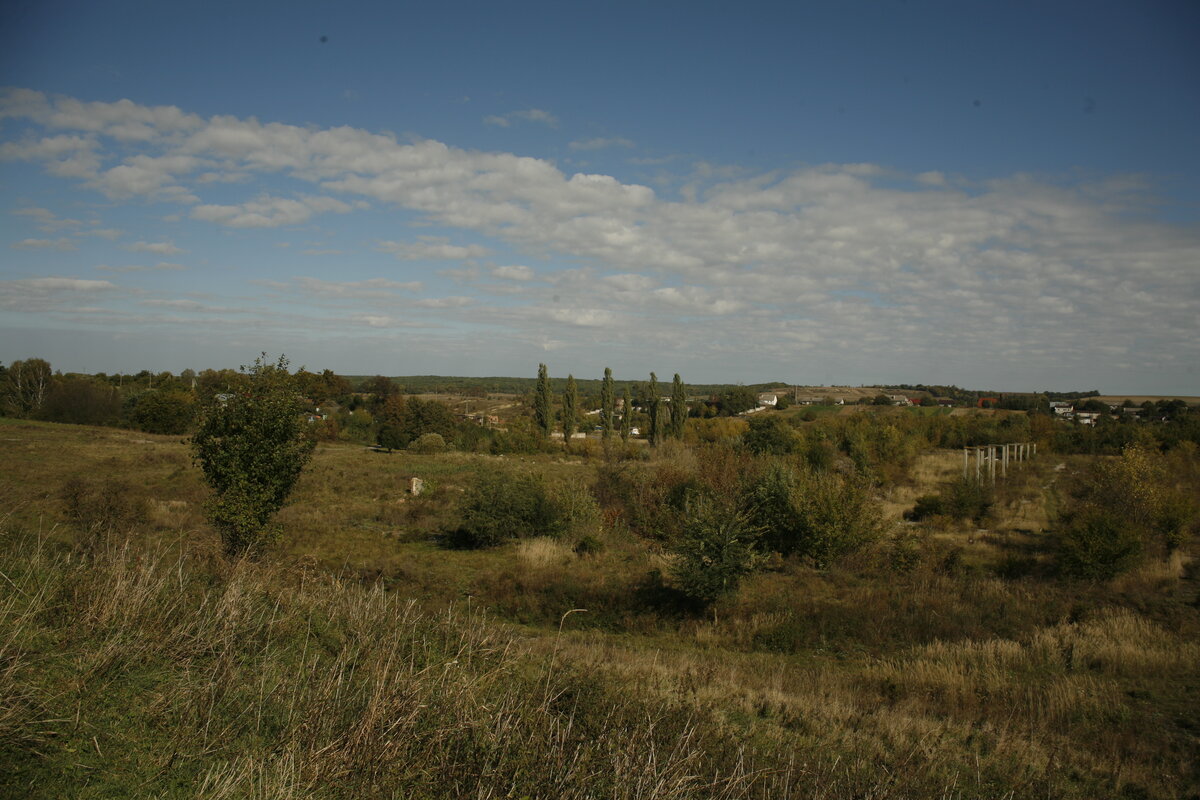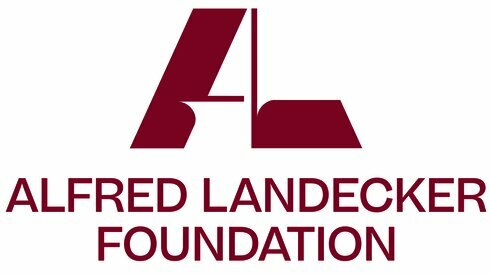Current debates on the Russian war of aggression against Ukraine have once again shown that Eastern Europe is a blind spot on the map of Germany´s culture of remembrance. This is even more surprising if one takes in mind that the majority of Jews living in Germany stem from the former Soviet Union and its successor states and 45 percent of them in turn have their roots in Ukraine. The immigration of Russian-speaking Jews in the early 1990s introduced a new collective memory in the Jewish communities that had at its center not the Holocaust but the “Great Patriotic War”, and, connected with this, the victory over Germany. In contrast, the experiences of those Jews whose relatives had become victims of the Holocaust and the War of extermination on Soviet soil were articulated much more quietly und still occupy a rather marginal place in the German-Jewish culture of remembrance of the present. Based on an empirical study with Jewish families of different generations, the aim of the planned research and mediation project is to expand the pluralisation of memories of the Holocaust and the Second World War to include the perspective of Ukrainian Jews who immigrated to Germany. The results of the research are to be made visible to the general public in a low-threshold and multimedia presentation, thus contributing to a diverse perspective on the culture of remembrance in Germany´s migration society.
The aim of this sociological and contemporary historical project is to contribute in research and mediation to the further development of the culture(s) of remembrance in Germany's migration society, including the pluralization of Jewish memories of the Holocaust. First, the transgenerational memories of the Holocaust and the Second World War in Jewish families who immigrated to Germany from Ukraine, but whose other Jewish history has so far only been marginally perceived, are to be researched. Secondly, a low-threshold and multimedia presentation will serve to make the results of this research visible to the general public. Under the umbrella of the already well-established and networked "Key Documents" edition of the IGdJ and in cooperation with various practical partners, a variety of media entry points are to ensure a contemporary form of presentation tailored to different user and age groups, with the aim of presenting this other history of experience and culture of remembrance supplemented by materials such as images, audios or historical documents.
Dr. Karen Körber (Projektleitung)
040 42838-2935
karen.koerber[at]igdj-hh.de





![[Translate to English:] [Translate to English:]](/fileadmin/_processed_/5/8/csm_ChenKartei_89ec43418b.jpg)